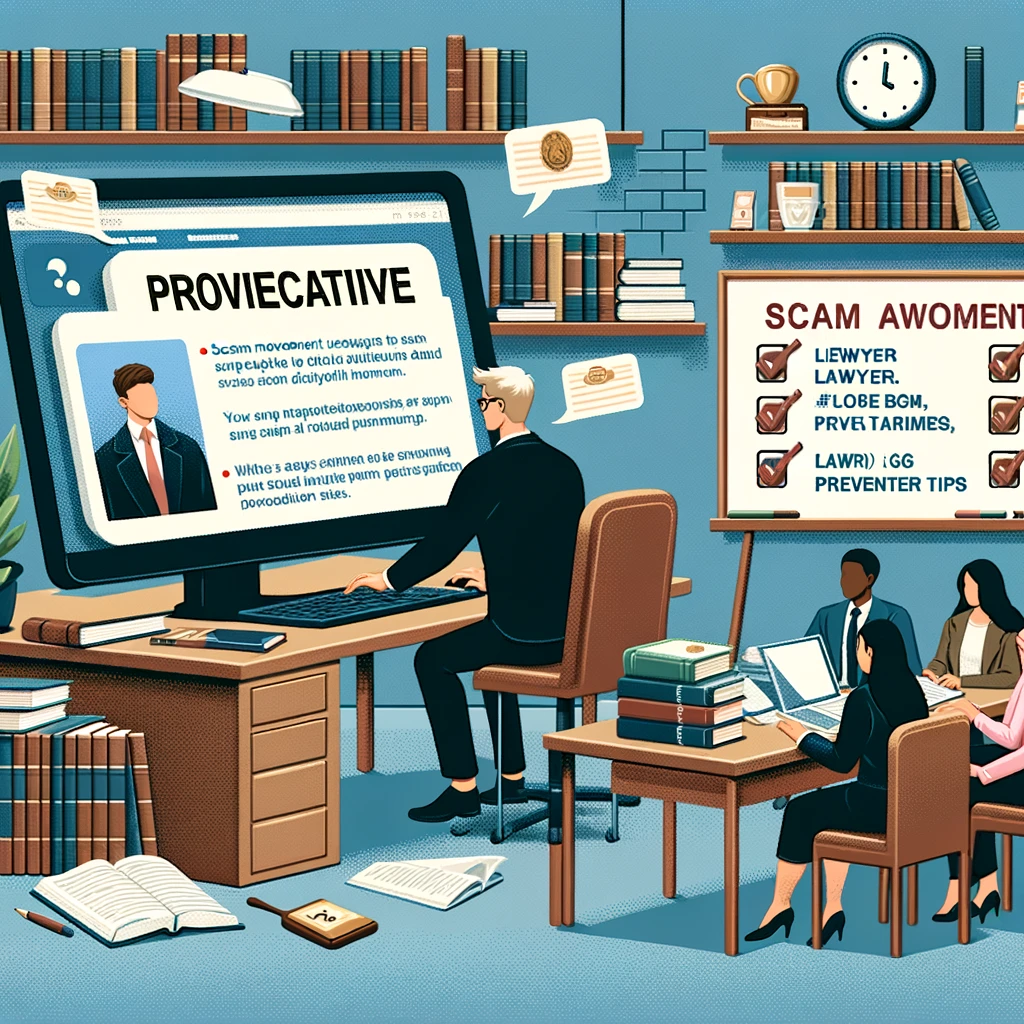The #MeToo movement has been a powerful force for raising awareness and combating sexual harassment and assault, particularly in the workplace. However, as with many significant social movements, it has not been immune to exploitation through scams that aim to manipulate the narrative for personal gain.
Types of #MeToo Scams
- False Accusation Scams: These occur when individuals falsely accuse someone of sexual misconduct or harassment in an attempt to extort money or gain other benefits. Scammers might threaten to go public with false allegations unless they receive payment or some form of compensation.
To elaborate – A false accusation scam is a nefarious form of fraud where individuals are falsely accused of wrongdoing, typically crimes or ethical misconduct, by scammers seeking to exploit them for financial gain or other benefits. These scams often begin with the scammer fabricating a believable yet entirely unfounded story implicating the victim in a serious offense, such as misconduct in the workplace, a legal infraction, or more personal transgressions. The scammer then threatens to expose the alleged wrongdoing to authorities, family members, employers, or the public unless the victim agrees to pay a ransom or provide some other form of compensation. This type of scam can have devastating effects on the victim’s reputation, emotional well-being, and financial stability, as the fear of being publicly shamed or facing legal consequences can compel them to comply with the scammer’s demands. Moreover, false accusation scams undermine the integrity of legitimate justice movements and systems by sowing distrust and diverting attention from real victims of wrongdoing. Victims of such scams are often left feeling powerless, and the process of restoring their reputation and confidence can be long and arduous. It is crucial for individuals to remain vigilant and skeptical of unverified claims, to seek legal advice when confronted with such accusations, and to report suspected scams to the authorities to prevent further exploitation. - Legal Fee Scams: In these scams, fraudsters posing as lawyers or legal consultants offer to help victims of genuine or fabricated #MeToo incidents. They demand upfront fees for legal services that are never rendered, or they might collect sensitive information used for identity theft.
- Fundraising Scams: Some scammers set up fake charities or advocacy campaigns purportedly supporting #MeToo causes. They use compelling marketing to solicit donations from the public, which they then use for personal purposes without aiding the cause.
- Settlement and Nondisclosure Agreement (NDA) Scams: Here, scammers might pose as mediators or legal advisors, offering to negotiate settlements for victims. They may manipulate both the accused and the accuser, extracting money under the guise of securing nondisclosure agreements or other legal documents.

Impact of Scams on the #MeToo Movement
These scams can have a detrimental impact on the #MeToo movement by undermining its credibility and diverting resources away from true victims and their needs. They also add to the stigma and skepticism that genuine victims might face, making it harder for them to come forward. The emotional toll on those unjustly accused can be devastating, leading to job loss, mental health issues, and social ostracism.
